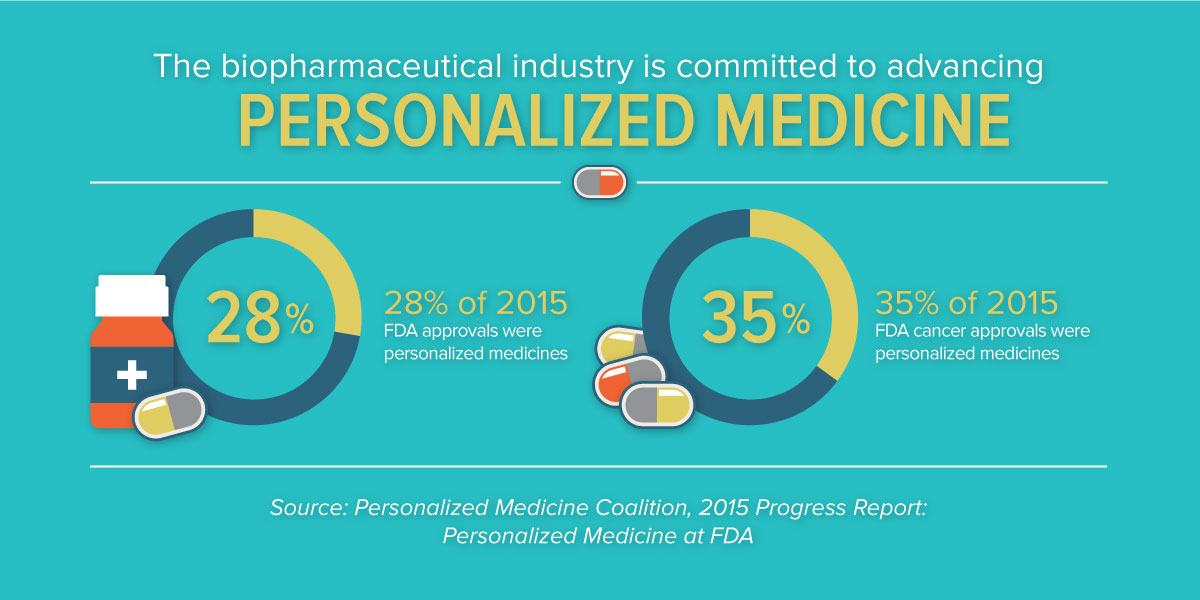Blog


Opportunities to build upon enhanced competition for medicines in the marketplace

Last week, I presented at the U.S Food and Drug Administration’s (FDA) public meeting on the Hatch-Waxman Amendments to discuss the balance between encouraging innovation in biopharmaceutical development and accelerating access to generic alternatives. The important discussion led by the FDA is part of an ongoing conversation being held across the health care spectrum on the importance of a competitive marketplace for biopharmaceuticals.
Over the last three decades, the Hatch-Waxman law has fostered a competitive marketplace with 90 percent of prescriptions filled today with generic medicines and competition set to only grow in the coming years as the FDA eliminates the backlog of generic applications. Hatch-Waxman is expected to continue to spur robust brand and generic competition in the years to come.
All the while, drug cost growth is slowing. In fact, after discounts and rebates, brand medicine growth increased just 3.5 percent in 2016, below projections and in line with general medical inflation. However, there are still opportunities to improve incentives for innovation and foster increased competition.
The Hatch-Waxman Amendments support the life cycle of prescription medicines. The natural evolution of medicines is that, after an innovator undertakes the time consuming and expensive development process and obtains FDA approval of a biopharmaceutical product, it enjoys an appropriate period of intellectual property (IP) protections, including statutory exclusivity, following which a generic version becomes available for patients. Indeed, this is the very cycle that the Drug Price Competition and Innovation Act, or Hatch-Waxman, aimed to achieve.
The FDA has taken meaningful steps to streamline and expedite the generic drug approval process, such as promoting more high quality generic applications. The agency’s recent initiative to publish a list of off-patent, off-exclusivity drugs without approved generics and updating its internal procedures to allow expedited review for some generic drugs is further evidence the FDA is focused on promoting a competitive marketplace that works for patients.
An important safety program that has been discussed at length recently has been Risk Evaluation and Mitigation Strategies (REMS) with elements to assure safe use (ETASU). The FDA may require a biopharmaceutical company to implement such a program to facilitate safe use with medicines that may pose more serious potential side effects. The programs the FDA requires manufacturers to implement can take many different forms and be established when a new medicine is first approved, or after a medicine has been prescribed by physicians for some time. REMS provide important protections that facilitate the safe use of medicines to treat patients with serious illnesses. Without these additional procedures, many of these medicines would not be available to patients in need.
While it has been suggested that REMS with ETASU could upset the balance of Hatch-Waxman, it is important to understand the context. Many medicines subject to REMS with ETASU programs have generic competitors or tentative approvals. Of the 43 REMS with ETASU programs, 10 are shared systems, meaning that generic versions have been approved. Thus, REMS with ETASU do not preclude generic competition. In addition, to the extent FDA believes there are issues concerning the balance, FDA has authority to address REMS issues.
Fostering robust innovation will continue to enhance the competitive marketplace for biopharmaceuticals. Swift reauthorization of the various user fee agreements is critical to further driving new research and development and ultimately a healthier health care ecosystem. Learn more about the Prescription Drug User Fee Act here.
- FDA,
- Intellectual Property,
- Prescription Drug Safety,
- REMS

 David Korn
David Korn